Credit
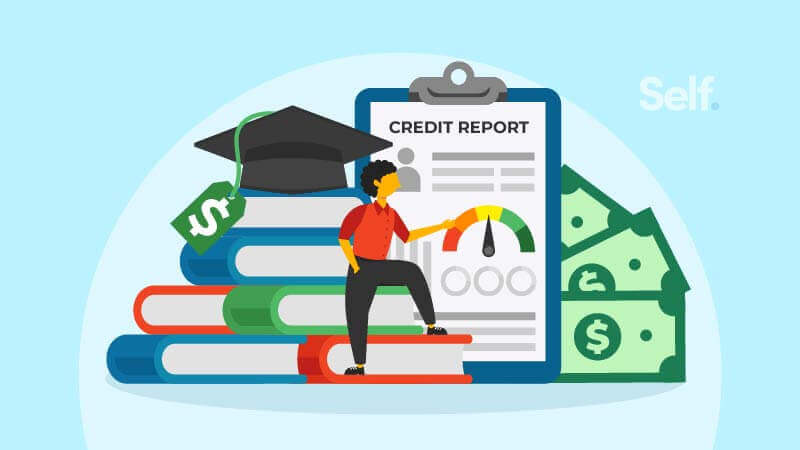 Do Student Loans Affect Your Credit Score?
Do Student Loans Affect Your Credit Score? March 25, 2022
Wondering how student loans impact your credit score? Discover how payments, balances, and repayment plans can influence your credit health over time. Read more.
 Non-Sufficient Funds (NSF) Fees: What They Are and How to Avoid Them
Non-Sufficient Funds (NSF) Fees: What They Are and How to Avoid ThemMarch 23, 2022
An NSF fee, also known as an insufficient funds fee, is a common bank fee that often catches people by surprise. We'll explain how to avoid paying them. Read more.
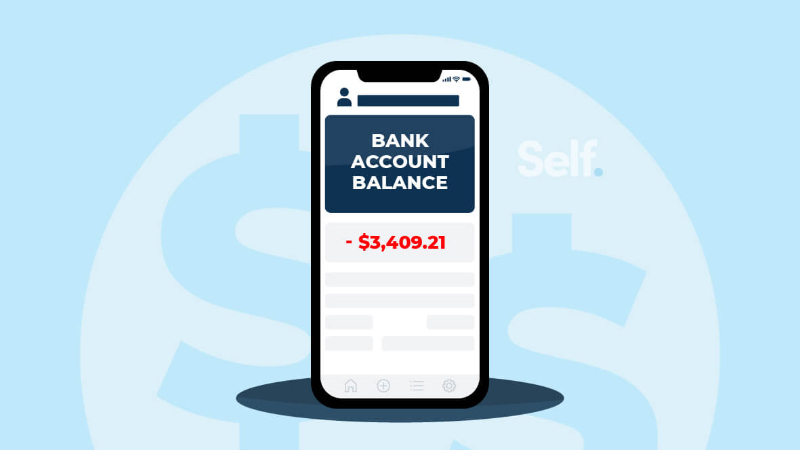 The Causes and Costs of a Negative Bank Balance
The Causes and Costs of a Negative Bank BalanceMarch 22, 2022
Spending more money than you have in your bank account will leave you with a negative balance. Learn how to avoid a negative balance and next steps to take. Read more.
 What Is a Flex Loan and Should You Consider One?
What Is a Flex Loan and Should You Consider One?February 22, 2022
A flex loan is an unsecured line of credit that gives you easy access to cash. You get a preset amount of money you can borrow, which is like a credit limit. Read more.
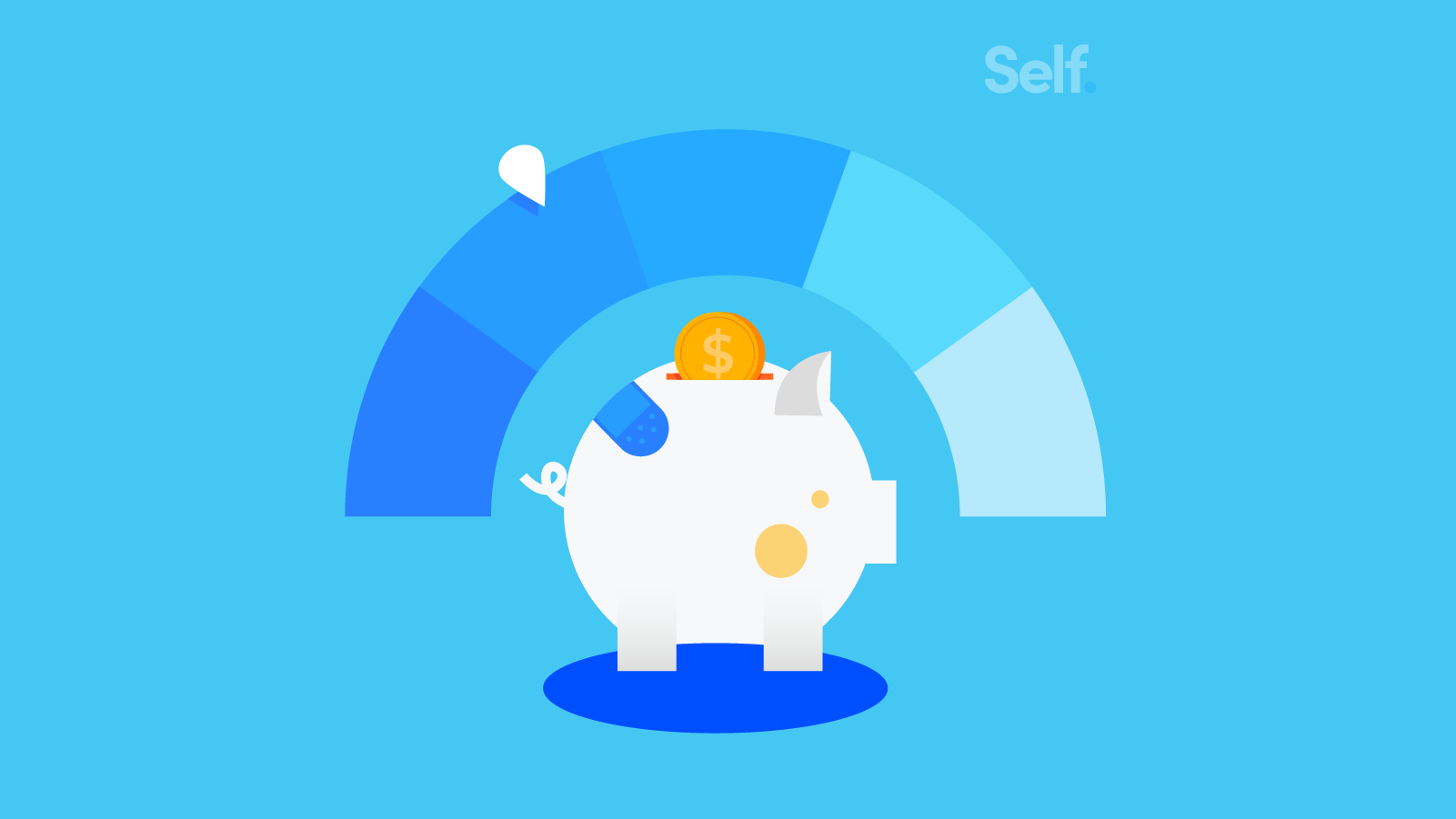 How to Avoid Costly Overdraft Fees
How to Avoid Costly Overdraft FeesFebruary 22, 2022
If you ever are in the middle of a financial crisis and need quick capital, beware of loan scams. Here is how to check if a loan company is legitimate. Read more.
 Does Overdraft Protection Affect Credit Score?
Does Overdraft Protection Affect Credit Score?February 22, 2022
If you ever are in the middle of a financial crisis and need quick capital, beware of loan scams. Here is how to check if a loan company is legitimate. Read more.
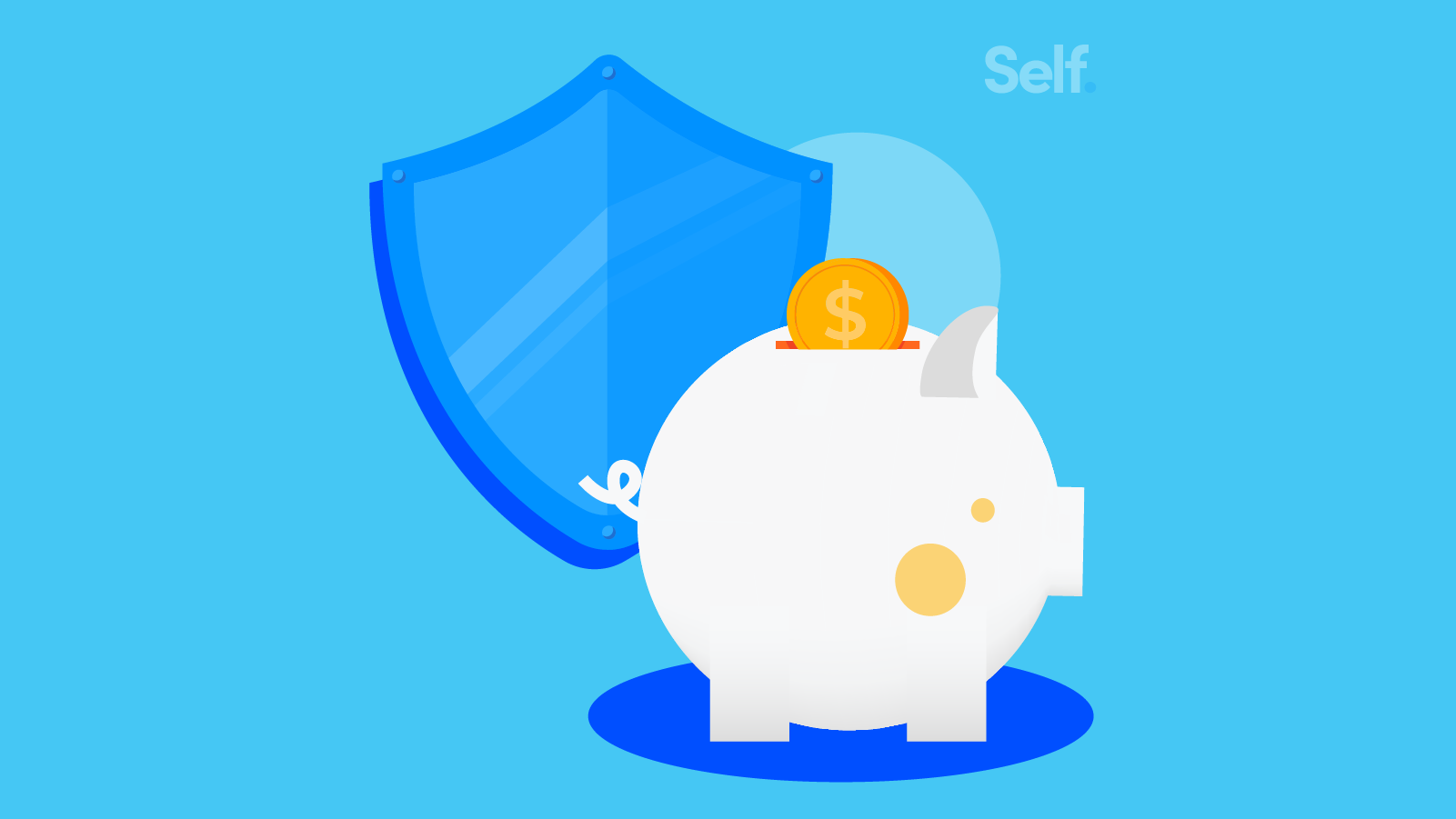 What Is Overdraft Protection?
What Is Overdraft Protection?February 22, 2022
If you ever are in the middle of a financial crisis and need quick capital, beware of loan scams. Here is how to check if a loan company is legitimate. Read more.
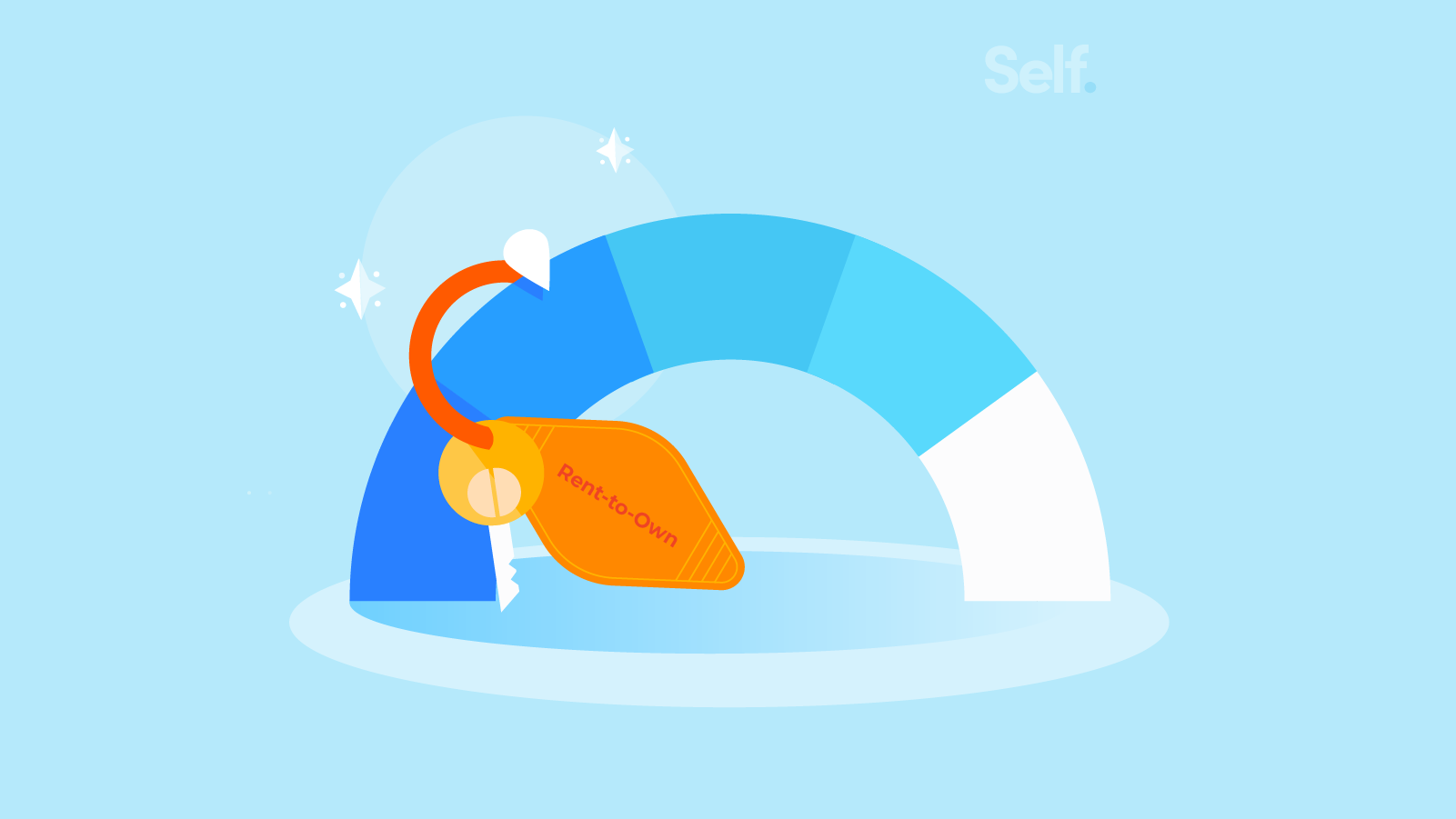 How Does Rent To Own Work With Bad Credit?
How Does Rent To Own Work With Bad Credit?February 22, 2022
Before you enter into a rent-to-own agreement, it’s important to understand how the process works and consider the pros and cons of this type of arrangement. Read more.